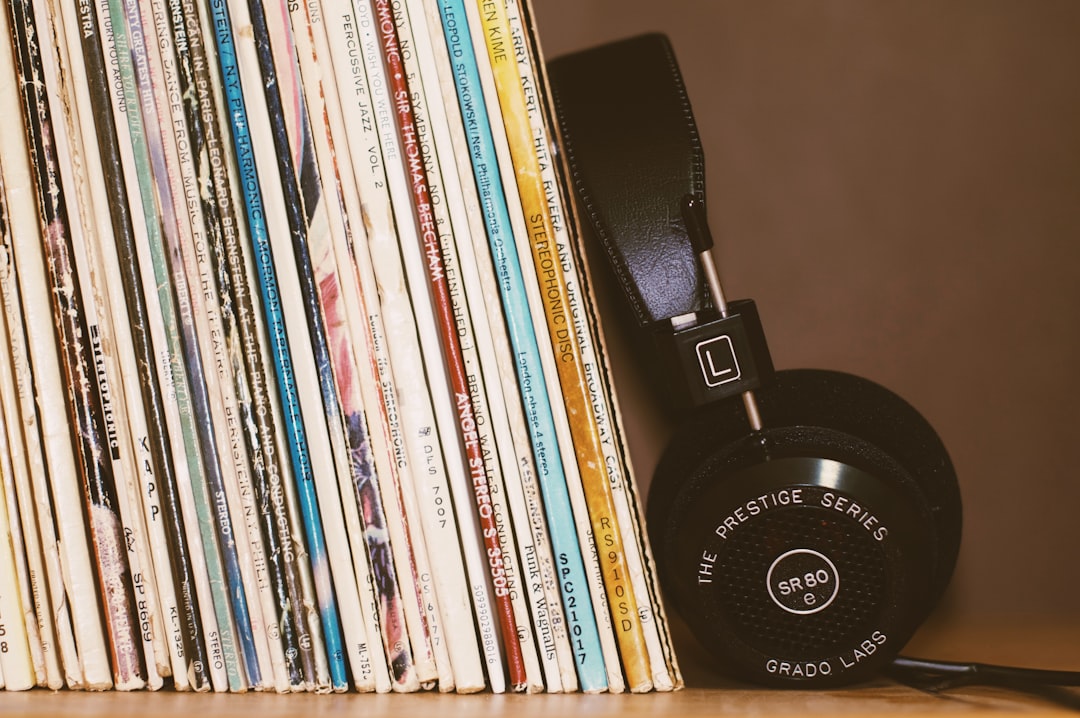All Nonfiction
- Bullying
- Books
- Academic
- Author Interviews
- Celebrity interviews
- College Articles
- College Essays
- Educator of the Year
- Heroes
- Interviews
- Memoir
- Personal Experience
- Sports
- Travel & Culture
All Opinions
- Bullying
- Current Events / Politics
- Discrimination
- Drugs / Alcohol / Smoking
- Entertainment / Celebrities
- Environment
- Love / Relationships
- Movies / Music / TV
- Pop Culture / Trends
- School / College
- Social Issues / Civics
- Spirituality / Religion
- Sports / Hobbies
All Hot Topics
- Bullying
- Community Service
- Environment
- Health
- Letters to the Editor
- Pride & Prejudice
- What Matters
- Back
Summer Guide
- Program Links
- Program Reviews
- Back
College Guide
- College Links
- College Reviews
- College Essays
- College Articles
- Back
My Music, Their Music, My People’s Music
Music is the window to the soul. All cultures including Black culture use it to express themselves. However, this significance is often overlooked by other races as they belt out Hip-hop lyrics. All races should educate themselves about Hip-hop music so that its true meaning and effort can be appreciated.
Hip-hop songs often flood popular social media sites such as TikTok and Instagram with a plethora of videos showing people lip syncing captivating lyrics and moving their bodies mimicking dance moves.
In the fun and hype of the moment, some people forget common decency and accidentally say the n-word and other racial slurs. Many rappers use the n-word in their songs as a way to refurbish the offensive word and make it empowering, but for Black people only.
However, the racial slurs aren’t the only aspect of hip-hop music that needs to be addressed. The story and struggles behind the seemingly sexual and savage lyrics are often swept under the rug.
“All the fresh styles always start off as a good, little, hood thing. Look at Blues, Rock, Jazz, Rap…not even talking about music—everything else too. By the time it reach Hollywood, it’s over,” noted Andre 3000, a popular hip-hop artist, when interviewed by Omar Burgess, a writer from HipHopDX. Rap music started out as a means by which Black people creatively expressed their struggles. Nonetheless, now that it is consumed by a mainstream audience from various races the true connotation is overlooked.
“First things first: Rest in Peace Uncle Phil, for real. You the only father that I ever knew. I get my b**** pregnant, I’ma be a better you,” were lyrics belted out by rapper J.Cole in his song “No Role Modelz.” He reminisced that Philip Banks, a character from the hit sitcom “Fresh Prince of Bel-Air,” was the only father figure that he had growing up. Just like Uncle Phil, he wants to be an amazing parent and provide his child with a wealthy life that he, himself, was denied while growing up.
This is the dream of many young Black children, with myself as no exception. After all, who doesn’t want to be the Banks and have bank. Experiences like this one are continuously ignored as people unconsciously sing lyrics which prevents them from thinking about it insightfully.
Multiple white rappers easily make profit from their Black imitation songs. Byron Mason, a writer from The Prindle Post, rationalizes, “When white people imitate it, to many, it seems as if they are simply taking a part of black culture and using it when it’s convenient and benefits them,” referring to Hip-hop. It appears as though they are doing it to just make money and are not making an effort to understand the significance and the struggles of Black people. Which is unfair because Black artists have to fight to be taken seriously with rap.
Nevertheless, hip-hop is almost the only way Black artists gain recognition and become mainstream. There are many talented, devoted and unrecognized R&B singers such as Ari Lennox, H.E.R. and SZA, who only recently got a Grammy by having a feature on a hip-op song. Even current Black artists, like Ruth B, who try their luck with traditionally white music such as pop have had no luck.
Hip-hop is everywhere. Its infectious beats and bars are burdensome to block out. The rhymes are spat out very quickly. Just like a car it is easy to lose control when traveling at high speeds. In order to not slip up, people should practise not making the racial slurs a part of their vocabulary. People should try to gain knowledge about the experiences discussed in the songs.
Works Consulted
Burgess, Omar. “True Colors: Race, And The Misnomer Of Hip Hop As "Black Music."” HipHopDX, 2 June 2020, hiphopdx.com/editorials/id.1947/title.true-colors-race-and-the-misnomer-of-hip-hop-as-black-music#signup . Accessed 22 April 2022.
Cole, J. “J. Cole – No Role Modelz Lyrics.” Genius, 9 December 2014, genius.com/J-cole-no-role-modelz-lyrics . Accessed 22 April 2022.
Mason, Byron. “Do White People Appreciate Hip-Hop Or Do They Appropriate It?” The Prindle Post, 14 December 2018, prindlepost.org/2018/12/white-people-appreciate-or-appropriate-hip-hop/ . Accessed 22 April 2022.

Similar Articles
JOIN THE DISCUSSION
This article has 0 comments.

I was inspired to write this piece because a lot of people on social media argue about how other races are allowed to partake in Hip-hop music and culture.